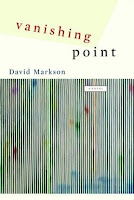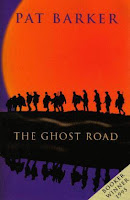
I loved this book. The author takes an in depth look at some ordinary, and yet eccentric jobs--electric power line engineer, cookie maker, motivational speaker, commercial fisherman, and more. Each chapter elaborates the fine points of the job as well as examines the interactions between humans and the work we do. The author writes in a very readable and engaging style while making the reader constantly evaluate how we live on planet earth.
We see both pleasures and sorrows in the working world. Mostly, the reader is left to question how it is we got into the predicament where our working life can be so separated from nature and human needs. The author provides interesting insights into the unusual aspects of many jobs while illuminating the extreme disconnection many experience in the corporation dominated world of today. I highly recommend this book.

 So this is a history book about the Enlightenment and the American Revolution that travels from the carbon cycle of the planet itself, to the chemistry of gunpowder, to the emergence of the coffeehouse in European culture, to the emotional dynamics of two friends compelled by history to betray each other.
So this is a history book about the Enlightenment and the American Revolution that travels from the carbon cycle of the planet itself, to the chemistry of gunpowder, to the emergence of the coffeehouse in European culture, to the emotional dynamics of two friends compelled by history to betray each other.
























 It's evening now, and everybody's scribbling away, telling people the news, or as much of the news as we're allowed to tell them. I look up and down the dormitory and there's hardly a sound except for pages being turned, and here and there a pen scratching. It's like this every evening. And not just letters either. Diaries. Poems. At least two would-be poets in this hut alone.
It's evening now, and everybody's scribbling away, telling people the news, or as much of the news as we're allowed to tell them. I look up and down the dormitory and there's hardly a sound except for pages being turned, and here and there a pen scratching. It's like this every evening. And not just letters either. Diaries. Poems. At least two would-be poets in this hut alone.